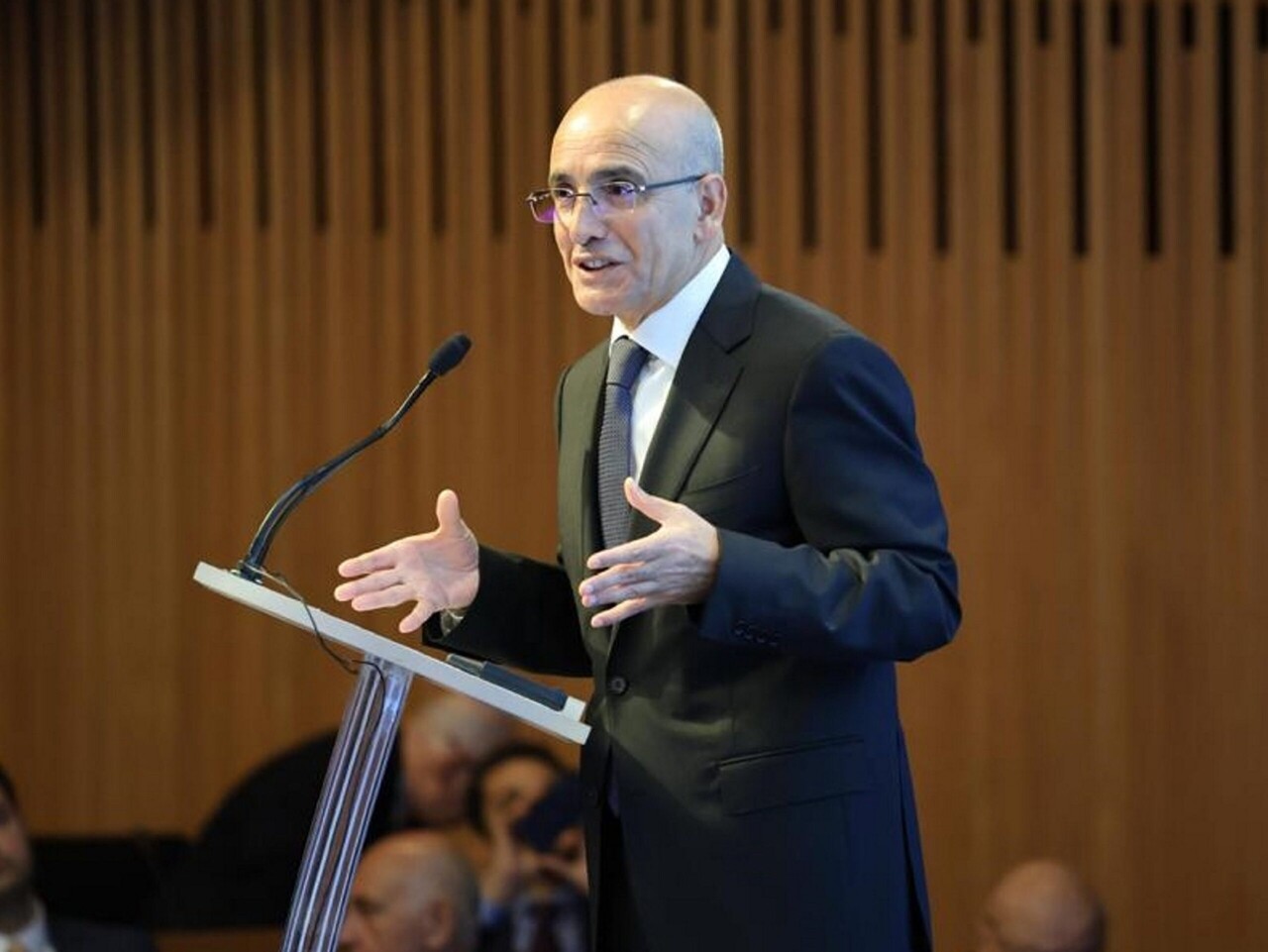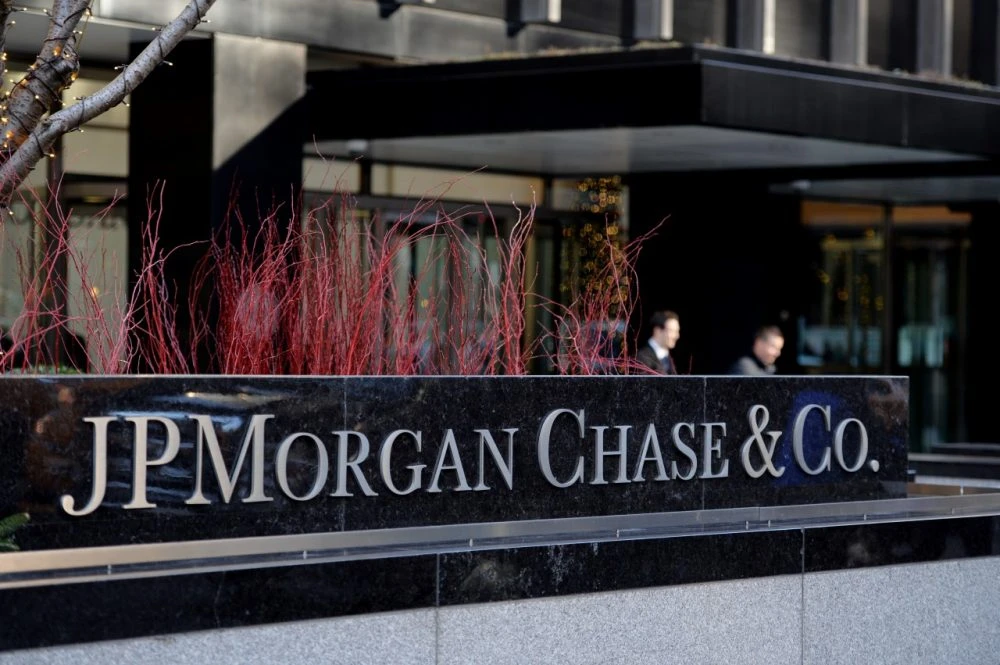Finance chief Simsek targets single-digit inflation rates by 2026
 Treasury and Finance Minister Mehmet Simsek delivers a speech during an investor meeting in New York, U.S., Sept. 19, 2023 (AA Photo)
Treasury and Finance Minister Mehmet Simsek delivers a speech during an investor meeting in New York, U.S., Sept. 19, 2023 (AA Photo)
Turkish Treasury and Finance Minister Mehmet Simsek delivered an optimistic outlook on Thursday, emphasizing the significant strides made toward stabilizing Türkiye’s economy.
Speaking at the London Conference 2024 hosted by Chatham House, Simsek pointed out that the nation’s inflation, which soared to 75% in May, is rapidly decreasing thanks to effective economic measures.
Economic progress and challenges
Simsek acknowledged that Türkiye, as a major economy ranked 11th in purchasing power parity and 17th in current exchange rates, faces ongoing challenges despite recent improvements. He highlighted the necessity of stability in such a large economy, underscoring its critical impact.
Fiscal and monetary policy adjustments
Reflecting on past fiscal challenges exacerbated by a devastating earthquake, Simsek detailed proactive fiscal adjustments undertaken last year, including tax increases and spending controls.
He attributed previous inflation spikes to unconventional monetary policies and outlined revised strategies aimed at stabilizing inflation expectations.
Projections and market confidence
Simsek projected a substantial decline in inflation rates, foreseeing levels in the low 40% or high 30% range by year-end, with further decreases to 10% by 2025 and single digits by 2026.
He also noted a notable reduction in Türkiye’s country risk premium (CDS), signaling enhanced market confidence and improved access to foreign markets.
Focus on economic sustainability
The minister stressed ongoing efforts to rebuild foreign exchange reserves and implement structural reforms crucial for sustaining economic progress.
He outlined the program’s priorities: achieving price stability, fiscal health, narrowing the current account deficit, and fostering structural transformations including green and digital initiatives.
Positive economic indicators
Simsek reported a significant increase in the Central Bank of the Republic of Türkiye (CBRT) foreign exchange reserves, rising by over $70 billion from the previous year.
He highlighted a marked improvement in the current account deficit, narrowing to an estimated 2-2.5% of gross domestic product from 6% last year, alongside positive adjustments in the fiscal deficit.
Future outlook and social impact
While acknowledging the severe impact of inflation on citizens, particularly citing the 75% peak in May, Simsek underscored its regressive nature and implications for inequality and political outcomes. He recalled a decade ago when inflation was under control and expressed confidence in the current program’s ability to restore stability.
Simsek concluded on a positive note, noting increased confidence among domestic depositors, who are beginning to convert their holdings into Turkish lira – a testament to growing faith in the economic reforms.



